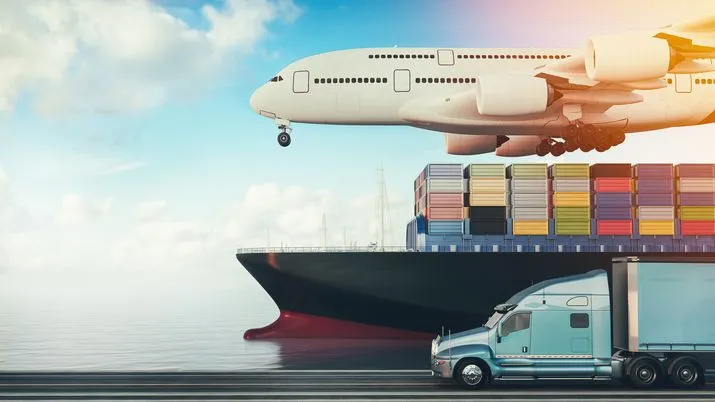Logistics
Logistics is the process of planning, implementing, and controlling the movement of goods, services, and information from the point of origin to the point of consumption. It encompasses all the activities involved in the supply chain, from procurement and production to distribution and delivery.
The goal of logistics is to ensure that goods and services are produced and delivered to the right place, at the right time, and in the right quantity, while minimizing costs and maximizing efficiency. This involves a range of activities, including transportation, warehousing, inventory management, and order fulfillment.
Logistics is a crucial component of many businesses, as it enables them to manage their supply chain effectively, meet customer demand, and stay competitive in the global marketplace. It also plays a key role in the global economy, as it facilitates the movement of goods and services between countries and contributes to international trade.
There are different types of logistics, including inbound logistics, outbound logistics, and reverse logistics. Inbound logistics involves the movement of goods and materials into a company, while outbound logistics involves the movement of goods and materials from a company to its customers. Reverse logistics involves the return or disposal of goods and materials, such as the recycling of waste or the return of faulty products.
Overall, logistics is a complex and dynamic field that plays a critical role in the functioning of businesses and the global economy. It requires careful planning, coordination, and execution to ensure the efficient and effective movement of goods, services, and information.

